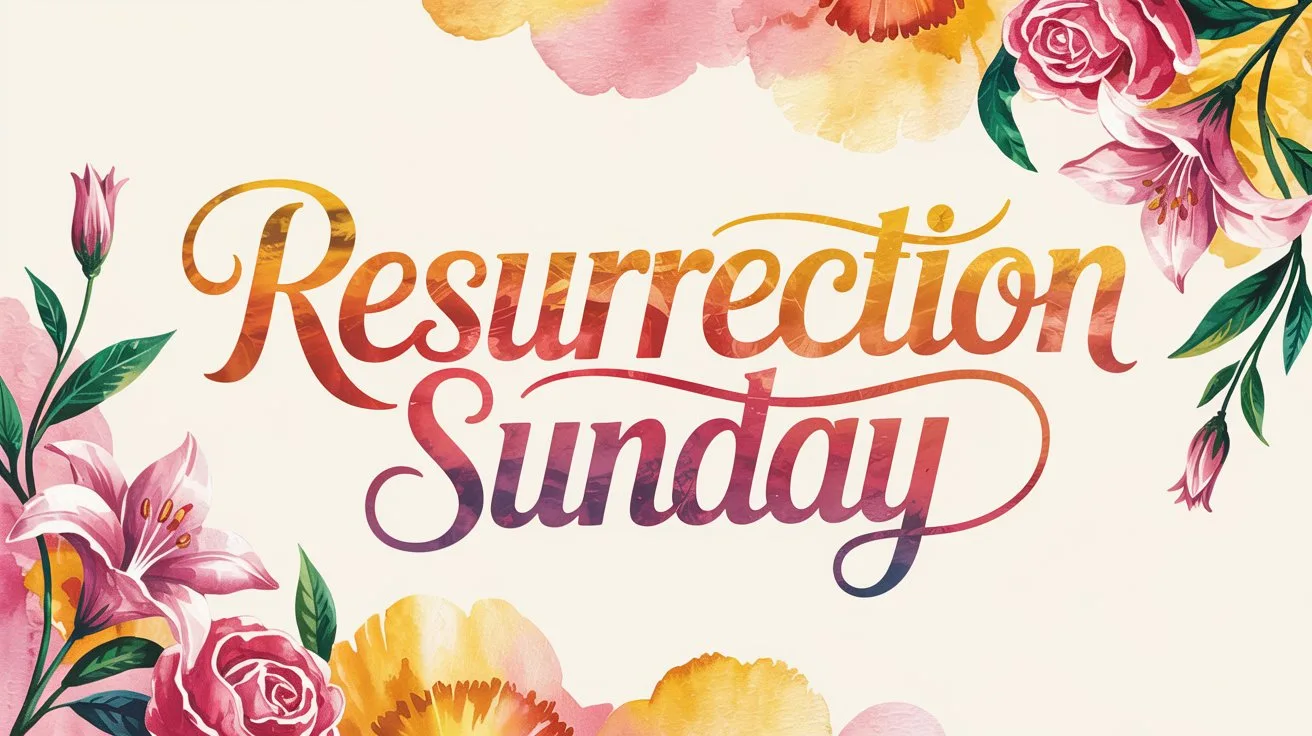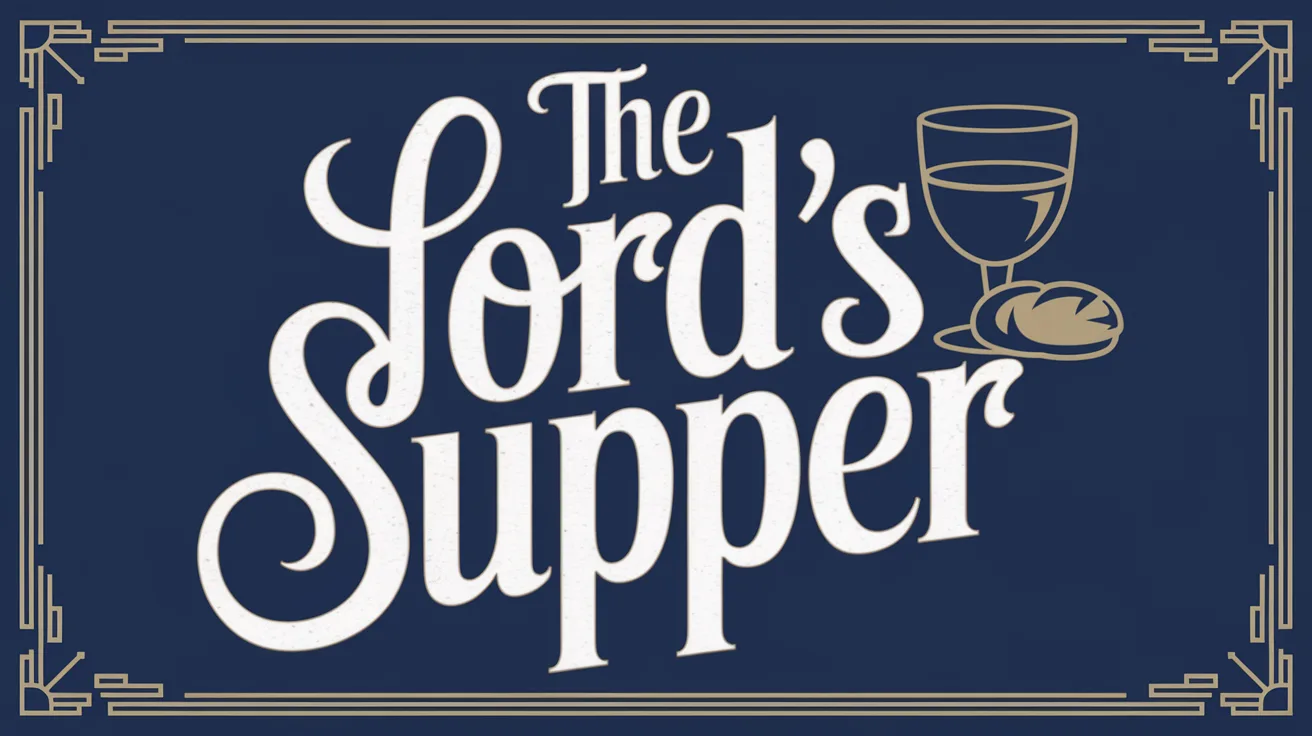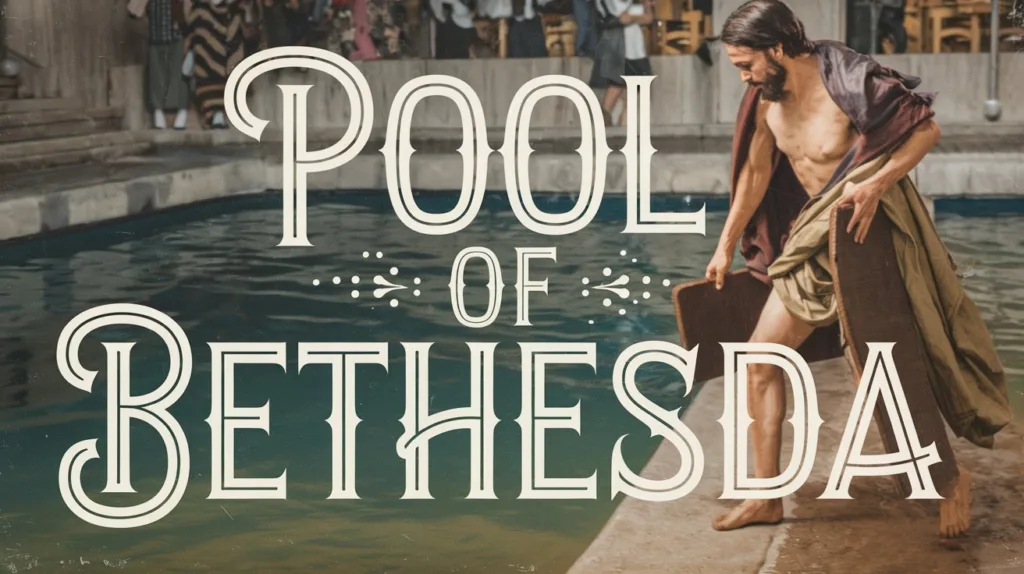Easter, as it’s commonly called today, is not a biblical term. The King James Version mentions the word “Easter” once in Acts 12:4, but it is a mistranslation of the Greek word Pascha, which always refers to the Passover. The correct reading, found in faithful translations, is “Passover.” What Christians celebrate is not a holiday called Easter, but the resurrection of Jesus Christ from the dead on the third day after His crucifixion. The resurrection is the cornerstone of our faith. Paul writes in 1 Corinthians 15:17,
“And if Christ is not risen, your faith is futile; you are still in your sins!”
That Sunday morning, when the women came to the tomb and found it empty, was the dawn of our living hope. As the angel declared in Matthew 28:6,
“He is not here; for He is risen, as He said. Come, see the place where the Lord lay.”
The Gospels record this pivotal event with consistency. In Luke 24:6-7, the angels remind the women at the tomb,
“Remember how He spoke to you when He was still in Galilee, saying, ‘The Son of Man must be delivered into the hands of sinful men, and be crucified, and the third day rise again.’”
This is the heart of what we celebrate: Christ’s victory over sin and death.
Pagan Origins of “Easter”
The name “Easter” itself is not found in Scripture and does not originate from Christianity. The term is believed to derive from “Ēostre” or “Ostara,” a fertility goddess from Anglo-Saxon paganism, whose festival was held during the spring equinox. Early missionaries, in efforts to convert pagans, allowed certain names and dates to overlap, leading to a blending of terms and traditions.
But the resurrection of Christ happened during the Jewish feast of Passover, which has deep spiritual significance. In 1 Corinthians 5:7, Paul writes,
“For indeed Christ, our Passover, was sacrificed for us.”
This ties the crucifixion directly to the feast where the blood of the lamb saved the Israelites from death in Egypt (Exodus 12:13). Christ is our Passover Lamb: spotless, slain, and triumphant.
The Bunny and the Egg
These symbols are entirely disconnected from Scripture. The rabbit, known for its rapid reproduction, was a symbol of fertility in pagan religions. The egg also represented new life or rebirth in various cultures. Over time, these symbols were incorporated into spring festivals and, unfortunately, carried into what became culturally accepted as “Easter” celebrations.
None of these elements (rabbits, eggs, baskets, or pastel colors) reflect the Gospel. They stem from fertility cults and ancient rites, and their presence serves only to distract from the glory of the empty tomb. As Paul exhorted in 2 Corinthians 6:17,
“Come out from among them and be separate, says the Lord. Do not touch what is unclean, and I will receive you.”
Why Christians Celebrate Resurrection Sunday
For born-again believers, Resurrection Sunday is not about bunnies or candy; it is about the risen Savior. Romans 6:9 tells us,
“Knowing that Christ, having been raised from the dead, dies no more. Death no longer has dominion over Him.”
We don’t just remember His resurrection; we live in the power of it. Romans 8:11 assures us,
“But if the Spirit of Him who raised Jesus from the dead dwells in you, He who raised Christ from the dead will also give life to your mortal bodies through His Spirit who dwells in you.”
This is why we celebrate. Not with symbols of old gods, but with hearts ablaze, eyes lifted to heaven, and lives surrendered to the One who conquered the grave.
My Final Thoughts
Christians have no business mingling pagan rituals with holy remembrance. Just as Israel was commanded not to adopt the ways of the nations (Deuteronomy 12:30-31), we too must guard the purity of our worship. Let the world have its eggs and its rabbits (we have something far greater).
We have a Risen King.
So let our children know it. Let our homes be filled with the truth of Luke 24:34, “The Lord is risen indeed!” Let’s teach them not with sugar, but with Scripture. Not with symbols, but with the knowledge of redemption.
Because Resurrection Sunday isn’t a holiday.
It’s our heritage.





 Get the book that teaches you how to evangelize and disarm doctrines from every single major cult group today.
Get the book that teaches you how to evangelize and disarm doctrines from every single major cult group today.